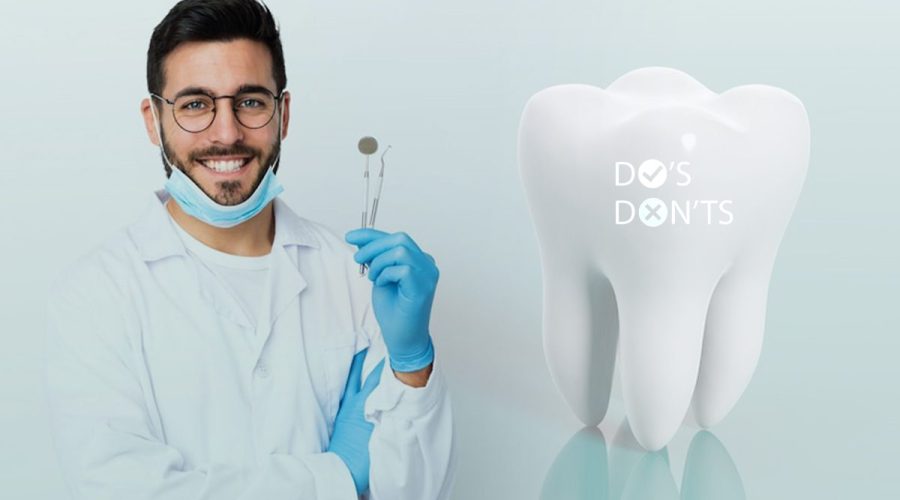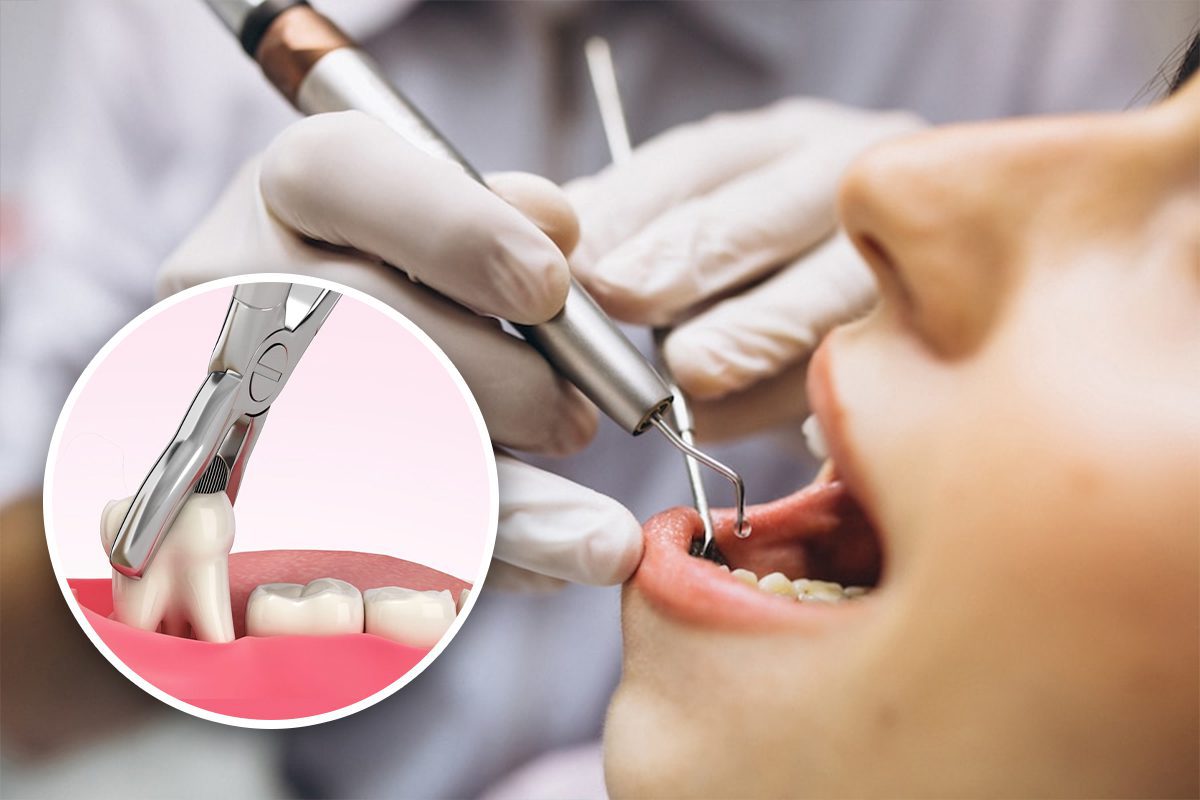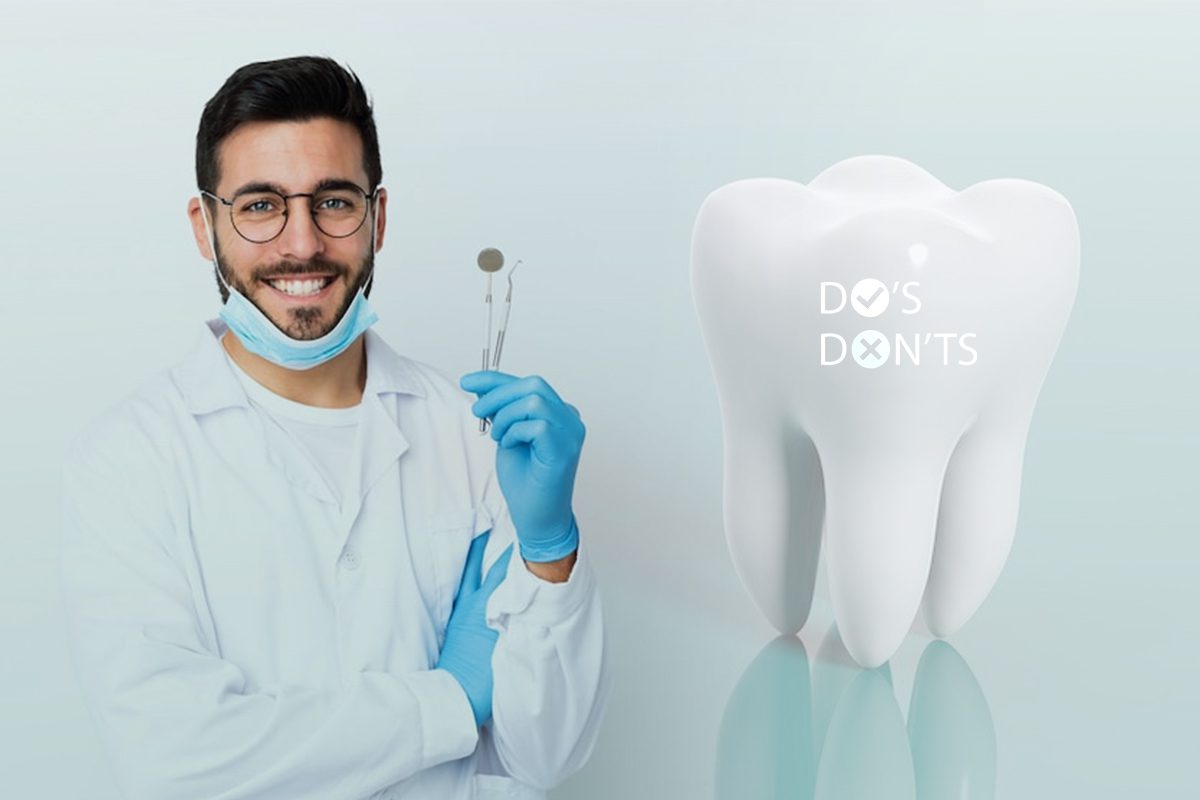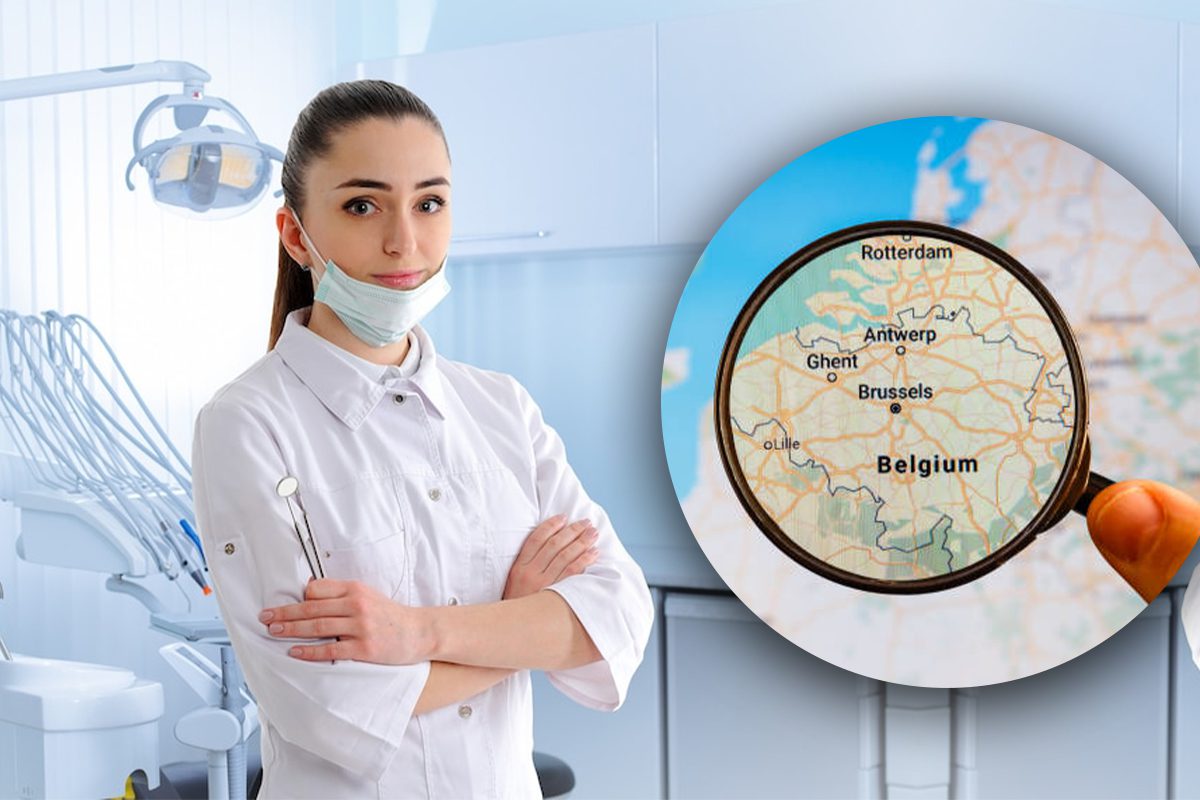Dental hygiene often goes unnoticed in our overall health, mainly because we don’t prioritize it. We would rush to the emergency room if we had a fever, vomiting, or chest pains; would you do the same if you had oral pain?
For the majority of us, the answer is no. Dentists are not isolated from other parts of the body, and issues such as nutrition, oral function, and communication skills are all impacted by dental issues. Keeping dental health in good shape is even more important now.
You must adhere to these do’s & don’ts if you want your oral health to remain good and prevent future dental issues.
The Dos for good oral health
1. Keep your mouth clean
The oral cavity is made up of more than just teeth. The tongue, cheeks, gums, and throat are all exposed to the same food debris and bacteria found in your teeth, which is why you should brush all these areas of your mouth regularly. With the use of an anti-bacterial mouthwash, you can also get rid of harmful bacteria in your mouth.
2. Make Sure you Brush Twice a Day
The importance of brushing regularly cannot be overstated for oral hygiene. It is recommended to brush twice daily. To maintain good oral health, cleaning your entire mouth is just as important as brushing your teeth.
Ideally, you should brush your teeth in the morning and before bed at night. The first thing you should do when you wake up is to brush your teeth to get your saliva flowing and remove any accumulated bacteria. To remove food debris and bacteria accumulated throughout the day, you should clean your teeth before bed.
3. Floss between brushings
Teeth accumulate a significant amount of bacteria and food debris that is difficult to remove with a toothbrush. By scraping out and removing this food and bacteria trapped between the teeth, dental floss ultimately prevents bacteria from growing and plaque from forming between the teeth in the future. Therefore, flossing is vital in any dental routine and should be a part of it.
4. Regularly schedule checkups
Keeping your dentist informed about your dental health is one of the greatest methods to ensure that when an issue arises, they can respond immediately. You can prevent infections and complications during checkups by having your dentist clean and scale your teeth.
5. Recognize signs of oral health problems
Many dental problems occur due to patients not recognizing early signs of problems. The correct early intervention can prevent treatments such as root canals and tooth extractions. A regular dental check-up and attention to your oral health can prevent dental complications later on if you maintain good oral health and schedule regular check-ups.
Also Read : 7 DIY Teeth Cleaning Tips at Home
The Don’ts for good oral health
1. Do not put off visiting the dentist until it is too late
You mustn’t overlook the importance of oral health; many of us put it off when scheduling a dentist’s appointment. Keeping your mouth healthy is one of the most important steps to help maintain a healthy body. To ensure that your mouth is healthy and problem-free, you should take care of your teeth at least once every six months by visiting your dentist.
2. Keep sugary and sticky foods to a minimum.
The enemy of good oral health is sugar in maintaining a healthy mouth. Bacteria thrive in the mouth because sugars provide the food they need to flourish. When you are overindulging in sugary foods, you can develop serious dental problems. Similarly, sticky foods, such as toffees, can increase your risk of tooth decay due to their sticky nature, which traps bacteria on the surface of your teeth.
3. Smoking
Smoking can lead to tooth discoloration, gum disease, and bad breath, as well as causing discoloration of teeth. Additionally, it is known to cause a wide range of additional health issues across the entire body.
4. Visit your doctor before bleeding.
It is often too late to treat severe dental problems after they appear, leading to more complicated situations. Dental problems such as isolated tooth pain, constant bleeding, or swelling of the gums should be treated by a dental hygienist near me at the first sign of symptoms; if left untreated, these can lead to complications.
5. You should avoid eating too many acidic foods.
The acid in saliva weakens teeth by destroying the enamel on the teeth. A high intake of acidic foods and beverages can lead to sensitivity in the teeth and discoloration as a result. After consuming these foods or drinks, you should always try to rinse your mouth with water to avoid this from happening in the future. Also, it is a good idea to refrain from brushing your teeth for at least 30 minutes after dental treatment, as this will allow the enamel of your teeth to remineralize.
Book a Dental Emergency Appointment for Dental Hygiene
Despite the simplicity or obvious nature of many of these dos and don’ts, they are crucial to ensuring your dental health in the future. The downside is that they are so many that it may be easy to forget about one or two along the way, so making sure you take care of them all can take some commitment.
Dental hygienists and dentists at Euro Dent can provide tips on good dental hygiene and point out specific areas of the mouth that need additional attention while brushing or flossing. The dentist can devise individual dental check-up plans.
If you have questions about oral hygiene or need to book an emergency dental appointment reach out to Euro Dent. Getting your dental hygiene to an even higher standard is something we’re looking forward to!




